“I've learned that people will forget what you said, people will forget what you did, but people will never forget how you made them feel.”
- Communication is critical to so many professional roles and ultimately facilitates (or hinders) teamwork and progress toward institutional goals.
- Leadership and management center around how we understand the people who report to us enough to know how to motivate them and facilitate their success.
- Compassion and empathy are critical to dealing with setbacks and challenges that are inevitable in life and demonstrate to others that we care and value them.
Through putting yourself out there and practicing.
- The End of Work as We Know It: How an Increasingly Automated World Will Change Everything (from December 2019)
- Optimization, Oppression, and Optimism in the AI Age (from March 2023)
- Dedication
See also:
- Ten Human Skills for the Future of Work
- Unlocking Us with Brene Brown Podcast: Esther Perel on New AI - Artificial Intimacy
- Generative Artificial Intelligence and the Workforce report from Burning Glass Institute
- Robot Ready? Labor Market Analysis Finds “Human+ Skills” in High Demand
- Research from Lightcast
- Is it harmful or helpful? Examining the causes and consequences of generative AI usage among university students







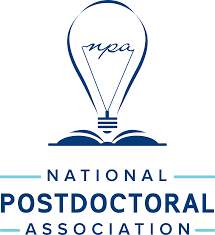


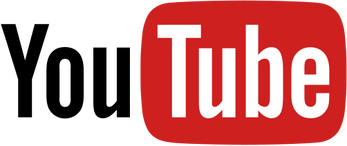
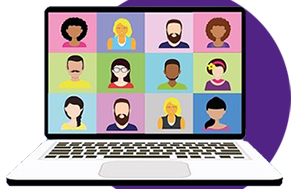





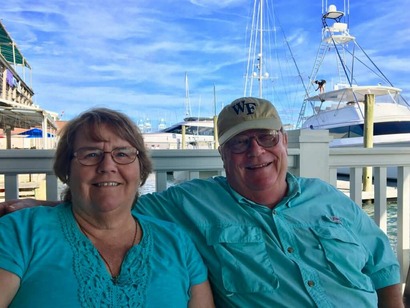

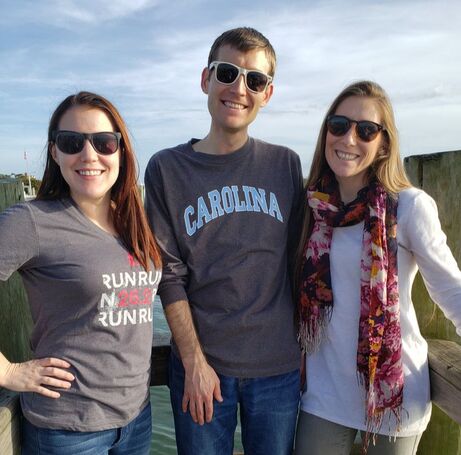



 RSS Feed
RSS Feed